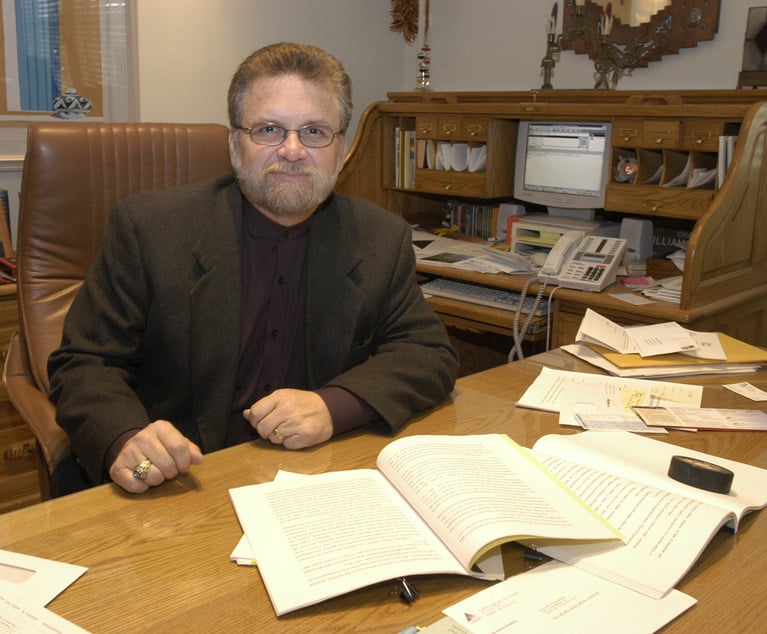On April 2, 2020, the California Supreme Court issued its opinion in Rockefeller Technology Investments (Asia) VII v. Changzhou Sinotype Technology Co. The high court’s unanimous opinion has far-reaching consequences, as it held where parties to a contract containing a provision to arbitrate in California also agree to a specified manner of service, “that agreement supplants statutory service requirements and constitutes a waiver of formal service in favor of the agreed-upon method of notification.” Put simply, because Rockefeller Technology Investments (Asia) VII (Rockefeller) and Changzhou Sinotype Technology Co. (SinoType) had agreed on a method of service, the Convention on the Service Abroad of Judicial and Extrajudicial Documents in Civil or Commercial Matters, Nov. 15, 1965, (the Hague Service Convention) did not override the terms of the parties’ agreement.
By rejecting the analysis of the Court of Appeal, the California Supreme Court has taken a significant step in advancing California litigants’ ability to contract around treaty protocols, which will lower the costs of initiating arbitration, allow service of process to become more efficient, and mitigate enforcement risks relating to the execution of agreements with international parties. And, by endorsing private agreements regarding service as a means of making arbitration more efficient, and recognizing that private service agreements may be tantamount to agreements to waive service altogether, the court’s decision may open the door to wider acceptance of private agreements regarding service as well.


 Patrick Hammon, left, and Matthew Schechter, right, partners with McManis Faulkner.
Patrick Hammon, left, and Matthew Schechter, right, partners with McManis Faulkner.




